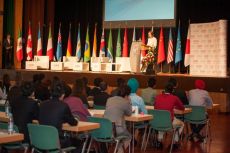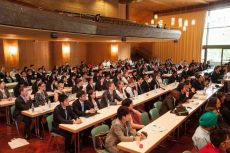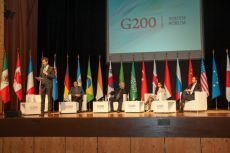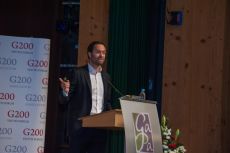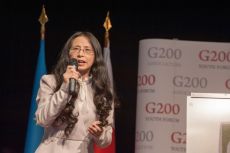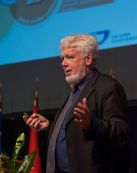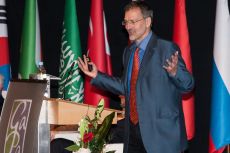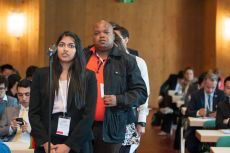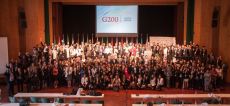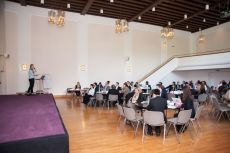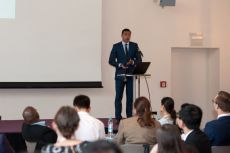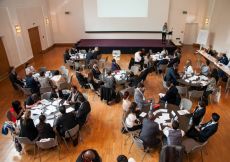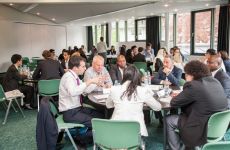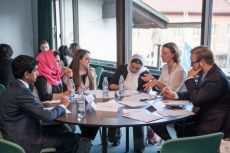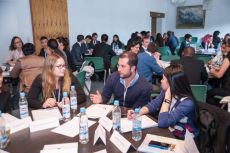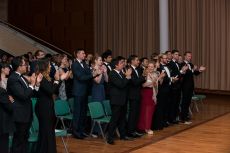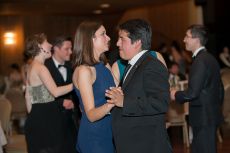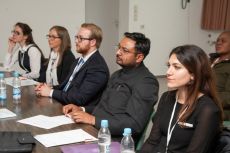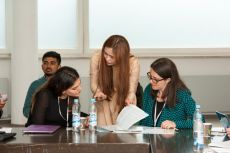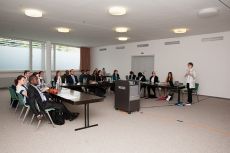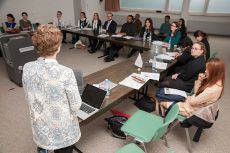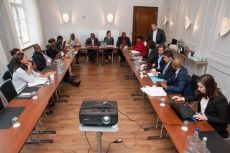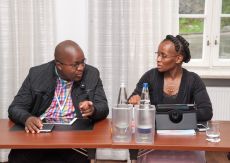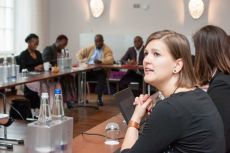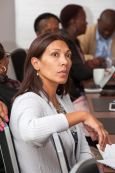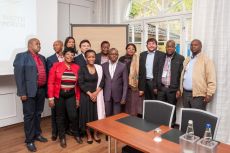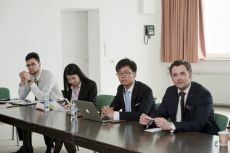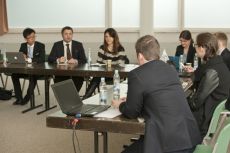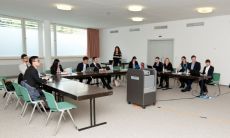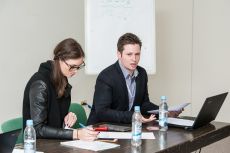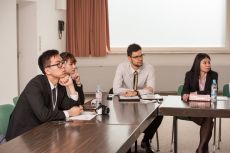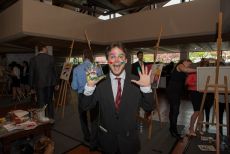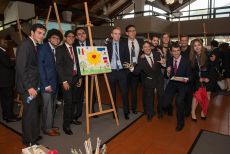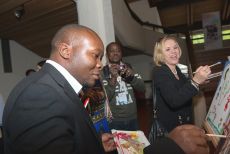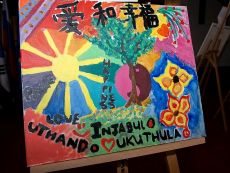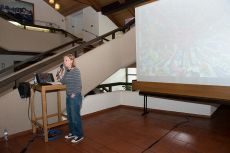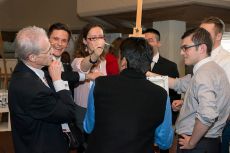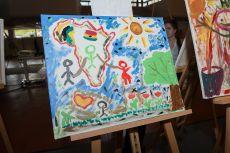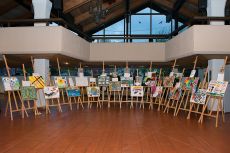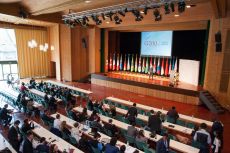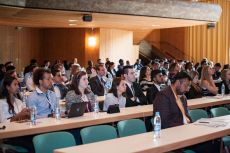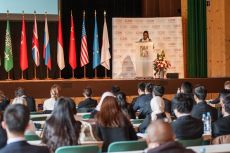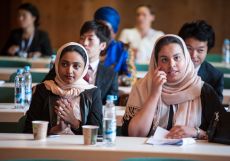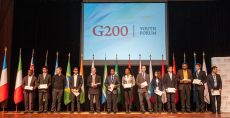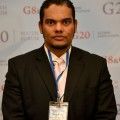Agenda
I. G20 Youth Summit Committees
Committee I: Healthcare through Ecological Education
Beyond a shadow of a doubt, the quality of health among its young mirrors the level of any nation’s future development. However, mismanagement of the environment inevitably leads to a rise of unforeseeable diseases and virus strains. Humankind is graduallycoming to the realization that it is easier to prevent ecological disaster then to deal with irreversible consequences. National and local governments support healthcare systems by reforming taxation, providing social health insurance and implementing dedicated programmes. However, these efforts yield limited rewards. Healthcare Committee is going to fill in the gaps and to urge governments and international healthcare organizations to focus on the root cause of the problem.
Committee II: Labour Market Obstacles
In the 21st century, the labor market has truly become global and this has resulted in the creation more migrant workers than ever before. Cases of violence and cruelty from migrant workers and against them have drawn attention to the need for well-advised integration programmes. However, national employment systems already have enough internal problems to deal with: youth unemployment, for instance, is a sore point both for developed and developing countries. The lack of a skilled workforce goes hand in hand with low-cost labor problems and the resulting debasement of working conditions. Labor Market Obstacles Committee will elaborate recommendations on how to attract qualified specialists avoiding “brain drain” and how to face labor immigration challenges effectively at the same time. These fresh and innovative suggestions should be addressed directly to local and national governments and allied international organizations.
Committee III: Social Security
Nowadays society still faces the same old problems, and G20 countries are no exception. All over the globe there are so many groups that need to be protected: single parents and families with many children, disabled people and minorities. What could be the potential solutions to increase the living standards of these social groups? Social Security Committee will discuss:
· Retirement system limitations;
· Parenting and child care;
· Protecting vulnerable groups;
· Bullying and mobbing;
· New wave of discrimination – internet trolling phenomena.
They should address their recommendations not merely to governments and international organizations but also to social institutions.
Committee IV: Global Market Challenges
With the passing of each decade, the world is becoming more globalized. Other result, free trade and open markets are coming in for more and more criticism. The issues of disparity between powerful states and poor countries as well as large corporations and SMEs are as relevant as ever. It could be the case that this is the very time to eradicate competition between states and to lay the ground work for real cooperation and mutual aid. There are plenty of measures to be developed and discussed within Global Market Challenges Committee. The best solutions for creating smooth and fair trade practices, proliferation of new technologies (mobile apps and payments, social media), and digital experiences, meeting local cultural preferences, integrating small and medium-sized enterprises into global trade flows will be considered and passed to governments and pecuniary institutions.
Committee V: Future of Science
Today science fiction is becoming a reality: incredible gadgets make our everyday life easier and more interesting. We consider some of them to be the attributes any modern and forward-thinking person (Google glass, iWatch, Eco-machines, Smart Houses etc.). Some of them also seem to be the next step of human development (robotics and artificial intelligence, magnetic levitation vehicles, quantum computers and carbon nano tubes). However, do all these great inventions make us almighty or helpless? What are the positive and negative aspects of such technological innovations? What difficulties do innovators face and how should handle these difficulties? How could innovators smooth their way through the legislative and intellectual property maze? These topics are to be addressed by the Future of Science Committee and passed on to the relevant authorities and to society as a whole.
II. Conference Round tables
Economy and Finance;
Law and Human Rights;
World Policy and International Relations;
Social Affairs and Medicine;
Ecology, Environment and Resourses;
Technology and Innovations;
Education and Youth; and
Humanities: History, Philosophy, Linguistics and Journalism.
III. International Young Parliamentarians' Debate
Sports;
Agriculture;
Women's Rights.
IV. Joint Sessions Round tables
Session I: Sustainable Agriculture Opportunities
How can we satisfy human food needs and keep ecology standards at the same time? How should we make the most efficient use of non-renewable resources and integrate biological cycles and controls? How will we enhance the economic viability of farm operations and attract young employees into the agricultural sector? Participants of this joint session will come up with a set of recommendations designed to be implemented by local and regional governments, pecuniary institutions and international organizations.
Session II: What Lessons Should G20 Countries Learn from Developing Countries?
G20 countries form a very powerful and influential group of nations. As commonly cited this alliance is a cradle of best practices and effective patterns. But let’s look at this from a different perspective. What lessons should G20 countries learn from developing countries? What cultural, social, political or economical practices would be useful to adopt? The Joint Session discussion will focus on practical cases and this activity will culminate in a list of recommendations ready to be passed to countries authorities.
Session III: Perceiving Happiness
How can we measure a country’s development in terms of human well-being? In July 2006 New Economics Foundation came forward with an initiative to create an index of happiness in different countries for the first time. But nowadays most existing research methods are based on economic indicators. But just think for a moment, does this approach cover all the building blocks of happiness? What about friendship, family life, realization of personal potential in profession and career as well as interests and personal aspirations? This Joint Session aims to pay well-merited attention to all factors of a happy life and to elaborate a unique guide to blissfulness.


